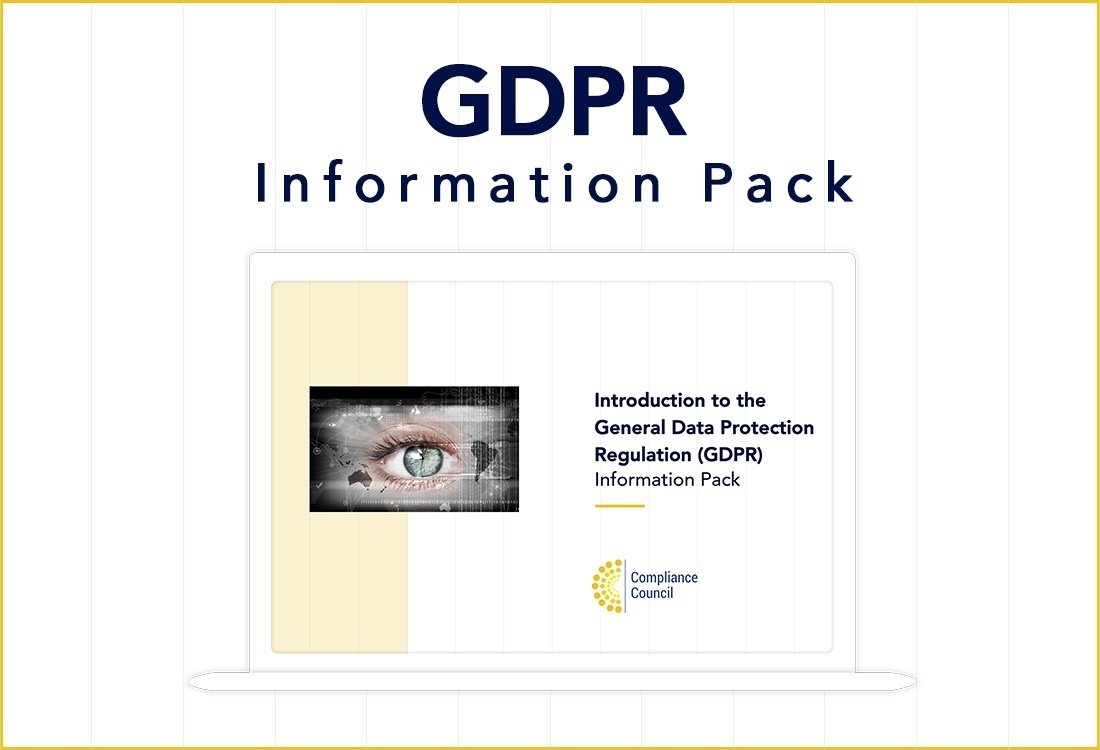Data compliance is the need of the hour, especially if your organization conducts business with clients, individuals or companies based out of the European Union (EU). A spate of cyber-security attacks and major data breaches have resulted in the creation of the EU General Data Protection Regulation (EU GDPR) directive. Organisations the world-over have until May 25th, 2018 to comply with the EU GDPR. The GDPR recommends the use of certification programs like the ISO 27001 for organisations to demonstrate their commitment to the active management of their data security responsibilities.
What are the GDPR’s Requirements?
The EU GDPR’s Article 32 clearly defines the measures that both data controllers and data processors need to implement for full compliance. These measures include the encryption of personal data, the ongoing ability to ensure integrity, confidentiality, availability, and resilience of data processing services and systems, and the ability to restore access and availability to personal data in case of a breach or error. Lastly, the GDPR requires companies to set up a process for regular testing, assessment, and evaluation of the effectiveness of both technical and organizational data security measures.
Does an ISO 27001 Certification Measure Up?
Data Encryption: ISO 27001 recommends the encryption of data as a measure to reduce identified risks. In particular, ISO 27001:2013 outlines more than 100 controls to reduce information security risks. These risks can only be identified after an organisation takes an ISO 27001-compliant risk assessment; the outcomes will identify the at-risk assets that require encryption for further protection.
Access to Data: The ISO 27001 standard places great importance on the constant confidentiality, integrity, and availability of information. All three are interconnected, as data that is available yet in a foreign format will have zero utility and its integrity would have been compromised. Similarly, if data is completely protected but inaccessible to those who require it, the data’s availability has been severely compromised.
Regular Risk Assessment: The GDPR asks for risk assessment to ascertain if the organization has identified risks that can negatively impact personal data. Similarly, the ISO 27001 standard demands that all participating organisations conduct risk assessment to mark vulnerabilities and threats to the company’s information assets.
Business Must Go On: The ISO27001 standard asks organizations to implement controls that will aid them in protecting the availability of information in case of an untoward incident. These controls will also secure critical business processes and ensure their timely reinstitution after a significant disaster or crisis.
Benefits of Signing up for ISO 27001
Organisations willing to show compliance with GDPR and avoid potential fines can consider signing up for ISO 27001 certification. The ISO 27001 is an internationally recognized standard for information security management systems and an excellent launching pad to build cyber-security resilience. Thousands of organizations across the globe have already adopted this standard and it is considered one of the fastest growing management system standards to-date. By gaining certification to ISO 27001, your organisation will signify its complete commitment to implementing adequate measures to data protection.



.jpg)
